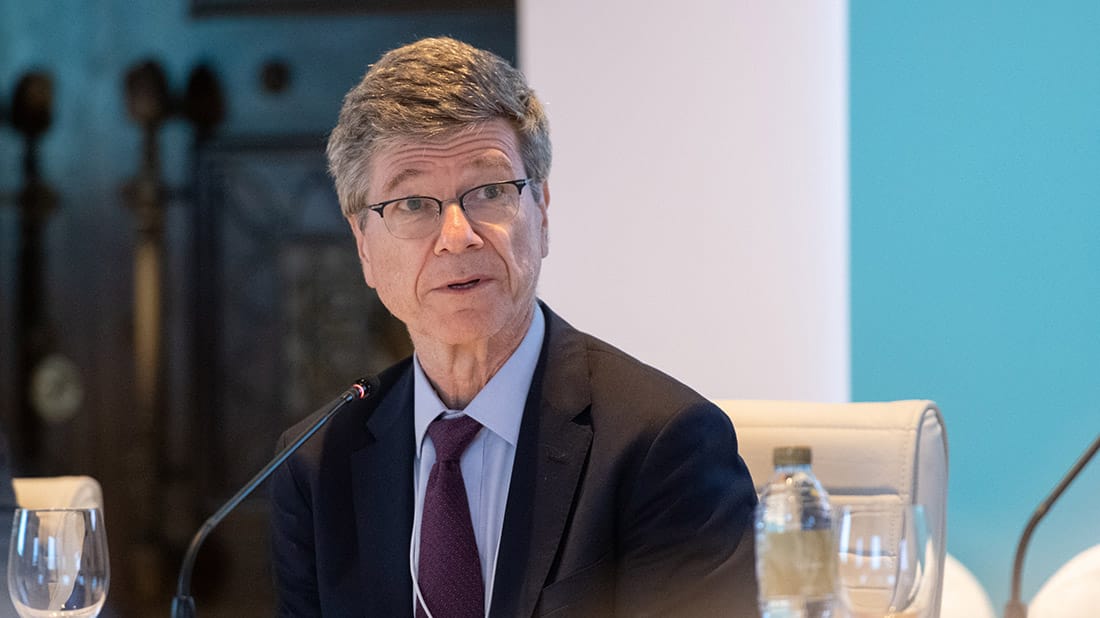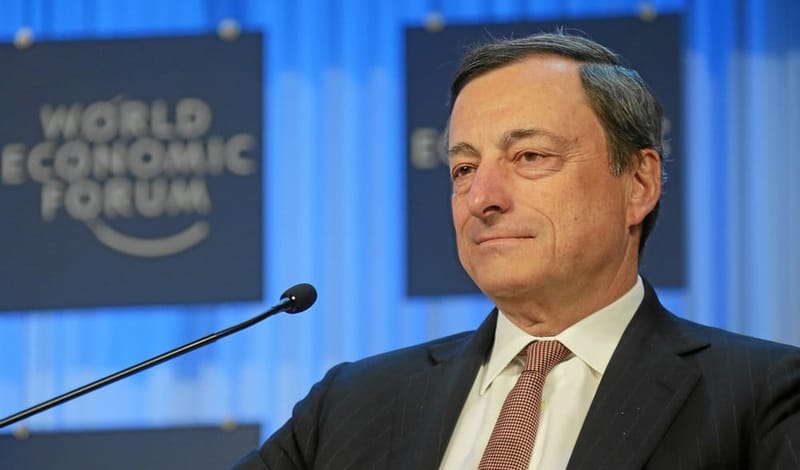A Call for Pragmatism: The Case for Jeffrey Sachs' Arguments on Global Geopolitics
Jeffrey Sachs presents a compelling case for why the time has come to abandon the outdated doctrines of military intervention and exceptionalism
In an increasingly polarized world, where global conflicts and tensions continue to escalate, it’s refreshing to hear a voice advocating for pragmatism, diplomacy, and a reevaluation of traditional foreign policy doctrines. That voice belongs to Professor Jeffrey Sachs, a seasoned economist and academic who has been at the forefront of global development and policy analysis for decades. His recent commentary on major geopolitical issues provides a compelling case for why the world, particularly the United States, needs to rethink its approach to international relations.
1. The Avoidable War in Ukraine: A Lesson in Diplomacy
Sachs’ perspective on the ongoing war in Ukraine is rooted in a deep understanding of the region’s history and a critical view of Western actions leading up to the conflict. According to Sachs, the war was not only avoidable but was the direct result of a series of miscalculations and provocations by the West, particularly the United States and NATO.
The expansion of NATO towards Russia’s borders, despite clear warnings from Russian leadership, including Vladimir Putin, was seen by Moscow as an existential threat. Sachs argues that instead of pushing NATO’s influence eastward, the West should have respected Russia’s security concerns and maintained Ukraine as a neutral buffer state. This approach, Sachs suggests, would have prevented the current conflict and saved countless lives.
Moreover, Sachs highlights the West’s involvement in the 2014 Ukrainian revolution, which saw the ousting of President Yanukovych, as a critical mistake. The U.S.’s role in supporting regime change, Sachs asserts, further inflamed tensions and set the stage for Russia’s annexation of Crimea and the subsequent war in eastern Ukraine. By failing to engage in meaningful diplomacy and instead opting for confrontation, the West has contributed to the ongoing tragedy in Ukraine.
2. U.S. Exceptionalism and the Dangers of Interventionism
Sachs also takes aim at the concept of American exceptionalism and the interventionist policies that have characterized U.S. foreign policy for decades. He argues that the belief in America’s unique role as a global enforcer of democracy and freedom has often led to disastrous outcomes, from Vietnam to Iraq, and now Ukraine. Instead of exporting its values through military might and covert operations, Sachs believes the U.S. should prioritize diplomacy and cooperation.
This argument is particularly relevant in the context of U.S.-China relations. Sachs dismisses the notion that China poses an existential threat to the United States, instead advocating for a policy of engagement and mutual respect. He warns against the current trend of demonizing China, exemplified by the proposed ban on TikTok, which he views as part of a broader, unfounded paranoia. Rather than stoking tensions, Sachs urges the U.S. to focus on building a constructive relationship with China, recognizing the country’s remarkable achievements in economic development and poverty reduction.
3. Israel, Palestine, and the Path to Peace
Another area where Sachs’ arguments stand out is in his analysis of the Israeli-Palestinian conflict. He criticizes the current Israeli government as the most extremist in its history, with no genuine interest in a two-state solution or peaceful coexistence with the Palestinians. Sachs argues that under such leadership, peace is unattainable, and the international community must step in to impose a solution.
Sachs advocates for a UN-imposed two-state solution, backed by international peacekeepers, to ensure security for both Israel and Palestine. This, he believes, is the only viable path to lasting peace in the region. By framing the conflict not just as a bilateral issue between Israel and Hamas, but as a broader geopolitical challenge involving major players like the U.S., Saudi Arabia, and Egypt, Sachs emphasizes the need for a comprehensive diplomatic effort to resolve the conflict.
4. A Broken American Political System
Finally, Sachs’ critique of the current state of American politics is both poignant and timely. He describes the U.S. political system as broken, corrupt, and incapable of addressing the country’s most pressing issues. With both major political parties mired in dysfunction and their leading candidates widely unpopular, Sachs argues that the U.S. is at a crossroads.
To address this crisis, Sachs calls for a return to reasoned, evidence-based policy making, free from the influence of money and special interests. He sees hope in the underlying strength of American society, with its diversity and dynamism, but warns that without significant reforms, the U.S. risks further decline.
Conclusion: The Need for Pragmatism in a Polarized World
Jeffrey Sachs’ arguments are a call for pragmatism in a world increasingly defined by polarization and conflict. Whether it’s advocating for a diplomatic solution in Ukraine, urging for a more balanced relationship with China, or calling for international intervention in the Israeli-Palestinian conflict, Sachs emphasizes the importance of dialogue, negotiation, and mutual respect. His critiques of U.S. foreign policy and the current state of American politics are rooted in a desire to see the U.S. play a more constructive, less confrontational role on the global stage.
In a time when saber-rattling and populist rhetoric often dominate the headlines, Sachs’ reasoned approach offers a much-needed alternative. His arguments remind us that in the nuclear age, the stakes are too high for anything less than a full commitment to peace and diplomacy. The world would do well to listen.






